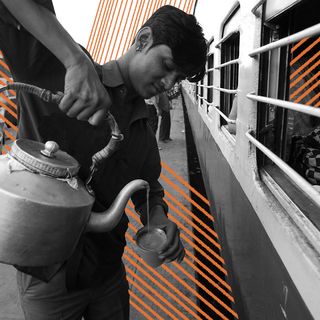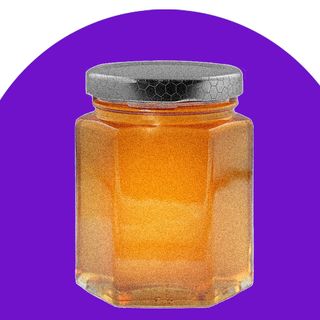Coca-Cola, PepsiCo, and Nestlé have been named as the world’s top plastic polluters for the third consecutive year by an annual report by Break Free From Plastic — suggesting they have done very little to reduce their plastic pollution despite being called out globally twice in the last two years.
Given their enormous share in the growing tide of plastic litter across countries, Coca-Cola, PepsiCo, and Nestlé — some of the biggest food and beverage conglomerates globally — have the opportunity to make a tremendous impact on plastic pollution worldwide by phasing out single-use plastics, or implementing reuse systems.
As part of its annual audit, Break Free From Plastic had 15,000 volunteers from 55 countries in Asia, Europe, and North America collect and identify the largest number of plastic products from global brands to ascertain the top plastic polluters. This year, the volunteers collected close to 350,000 pieces of plastic waste — 63% of which bore brand names on them.
While PepsiCo’s branding on was found on 5,155 pieces of plastic litter, and Nestlé’s was found on on 8,633. However, PepsiCo contributed to plastic waste across 43 countries, while Nestlé contributed to 37.
Out of the 55 countries surveyed this year, Coca-Cola’s beverage bottles were found to be the most frequently discarded plastic item on beaches, rivers, parks and other litter sites in 51 countries. Its branding was found on 13,834 pieces of plastic — almost as much as PepsiCo and Nestlé combined. And for Coca-Cola, this marks an increase from last year when it was the most frequently littered bottle in 37 countries out of 51 surveyed.
Overall, single-use sachets, such as the ones used to sell small volumes of ketchup, coffee, and shampoo — were the most commonly found type of plastic waste, followed by cigarette butts and plastic bottles.
Related on The Swaddle:
Fast Food Packaging — Not Just the Food Itself — Is Harmful to Our Health
Coca-Cola has promised to “get every bottle back by 2030, so that none of it ends up as litter or in the oceans, and the plastic can be recycled into new bottles,” according to the statement by its spokesperson. In the meantime, Pepsi has committed to reduce 35% of its usage of virgin plastic by 2025, while Nestlé said the company is making “meaningful progress” in sustainable packaging.
Earlier this year, a report based on six developing countries, including India, found that plastic waste from Coca-Cola, PepsiCo, Nestlé and Unilever products were responsible for more than half a million tonnes of plastic pollution in these countries.
“We need to stop plastic production, gradually stop single-use plastics and bring in strong reuse systems which will become standard practice. The world’s top polluting corporations claim to be working hard to solve plastic pollution, but instead, they are continuing to pump out harmful single-use plastic packaging…. Coca-Cola, PepsiCo, and Nestlé should be leading the way in finding real solutions to reinvent how they deliver their products,” Emma Priestland, Break Free From Plastic’s global campaign coordinator, told the media.
Despite making lofty promises, Coca-Cola also said earlier this year that it would not abandon plastic bottles — simply because they were popular with customers due to being resealable and lightweight.
The other brands among the world’s top plastic polluters were Unilever, Mondelēz, Mars, P&G, Phillip Morris, Colgate Palmolive, and Perfetti.




